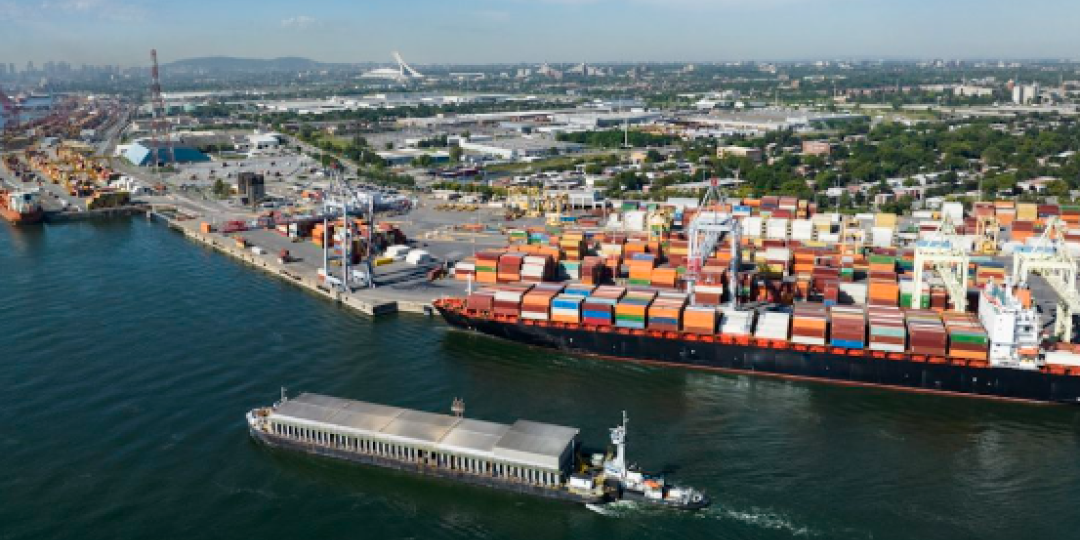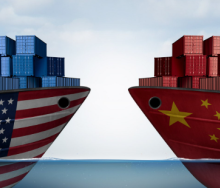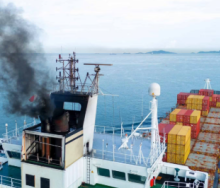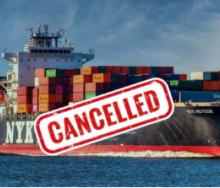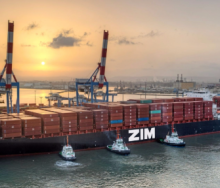Canadian supply chains are facing major disruptions as ports on both the east and west coasts of the country have shut down due to ongoing labour disputes.
Dockworkers were recently locked out of the Port of Montreal, Canada’s largest eastern port, as a prolonged dispute continued, with no resolution in sight. On the west coast, ports in British Columbia, especially at Vancouver, have also been closed for the past seven days due to a separate labour disagreement.
The shutdowns are significantly impacting industries dependent on the country’s ports, with shipping delays affecting the flow of goods, raw materials, and essential supplies.
Analysts have warned that if the disputes continue, Canada could see a ripple effect across multiple sectors, including manufacturing, retail, and agriculture, with potential shortages of consumer goods, increased production costs, and rising prices for imported items.
Julie Gascon, the Port Authority’s CEO, stated last Thursday that, while she believed the best agreements were those reached through direct negotiation, there had been no active negotiations taking place.
Industry experts fear that the lack of dialogue could further strain relationships between employers and dockworkers, potentially leading to more prolonged disruptions.
Canadian Labour Minister Steven MacKinnon, also speaking last Thursday, expressed the government’s support for a negotiated solution.
He noted, however, that discussions in both Montreal and British Columbia were moving forward too slowly, pointing to what he described as a troubling lack of urgency from the parties involved.
Government officials have cautioned that without swift progress in negotiations, legislative action may be considered as a last resort to reopen the ports and stabilise the country’s supply chain.
As businesses and local communities continue to feel the impact, calls for decisive government action are growing. The economic repercussions have sparked debates over the necessity of stronger legislative frameworks to prevent future labour disruptions at critical infrastructure points like Canada’s ports.
